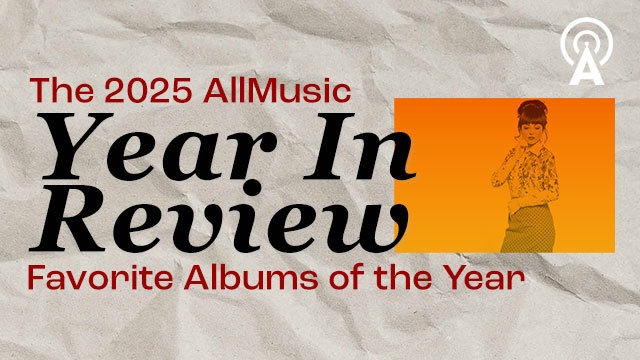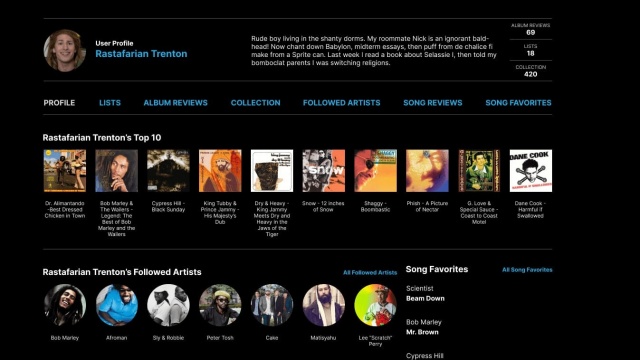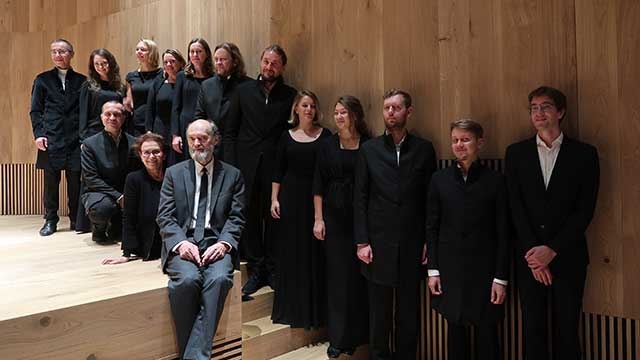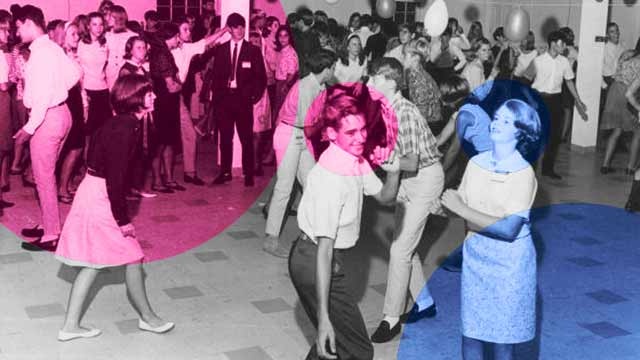Our Music Choices Actively Sculpt How We Remember Experiences, Study Says

A new study from Rice University’s Neuroscience of Memory, Mood, & Aging Lab reveals that music’s impact on memory isn’t the straightforward cognitive boost many assume. Instead, it’s a complex dance between “emotional arousal” and the type of memories we form.
The research was published in the Journal of Neuroscience by Stephanie Leal, the lab’s Director, alongside PhD Graduate Student Kayla Clark, who studies “the intersection of memory and emotion by investigating the relationship between memory, music, and emotion in aging and Alzheimer’s Disease.”
Their research found that music doesn’t uniformly enhance memory. Instead, it creates a fascinating trade-off: higher emotional arousal from music improves our ability to remember the gist of experiences while simultaneously impairing our recall of specific details. Conversely, moderate arousal levels enhanced detailed memory but hurt general recall.
This mirrors the well-established Yerkes-Dodson law in psychology, which maintains that performance peaks at moderate arousal levels but declines when arousal gets too high or too low. The researchers tested this by playing different types of music to 130 participants about 20 minutes after they learned new information, targeting the critical memory consolidation window when the brain is still processing and storing experiences.
The mechanism is rooted in how emotional arousal triggers stress hormones like norepinephrine and cortisol, which then modulate memory formation through the hippocampus and amygdala. Music’s unique ability to reliably induce emotional responses makes it a powerful (if unpredictable) memory modulator.
Interestingly, the study found that negative music consistently induced stronger arousal than positive tracks, while familiar songs amplified emotional responses regardless of valence. These individual variations in arousal response directly influenced which aspects of memory were enhanced or impaired.
The findings have significant implications for remedial applications, offering “therapeutic potential for disorders such as Alzheimer’s disease and depression.” Rather than assuming music universally helps those conditions, treatments may need personalization based on individual arousal responses and specific memory goals.
“We found that individual differences in emotional arousal following music exposure influenced both general memory and detailed memory performance,” the researchers stated. “Compared with controls, music specifically impacted memory for details, highlighting its potential to target specific aspects of memory.”
You can read the full study here.
The post Our Music Choices Actively Sculpt How We Remember Experiences, Study Says appeared first on EDM.






















.jpg)












































/origin-imgresizer.tntsports.io/2026/01/11/image-e0142c20-61a4-495b-a1c4-a9e1cf7eeecb-85-2560-1440.jpeg)






















:format(webp)/cdn.vox-cdn.com/uploads/chorus_image/image/66321622/1206682849.jpg.0.jpg)

























:format(webp)/cdn.vox-cdn.com/uploads/chorus_image/image/67131045/1261725039.jpg.0.jpg)






































/origin-imgresizer.eurosport.com/2024/02/04/3880159-78836108-2560-1440.jpg)






















